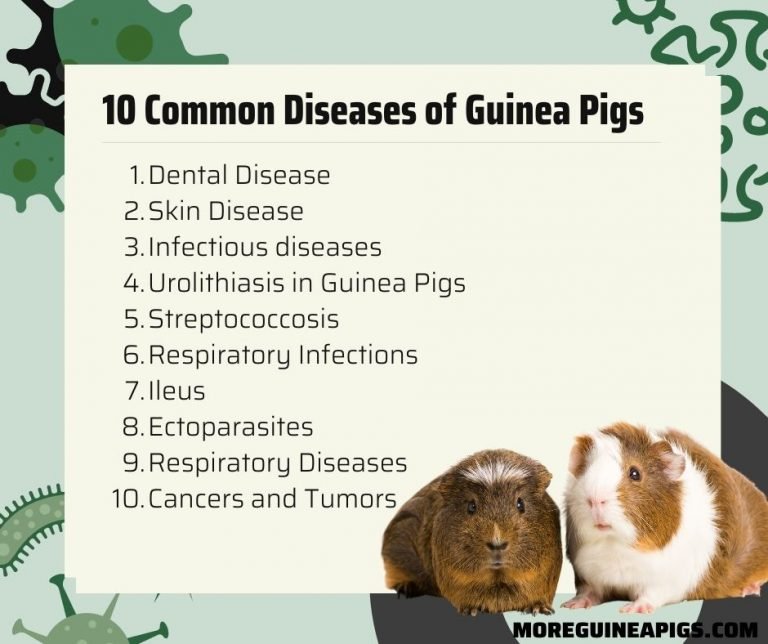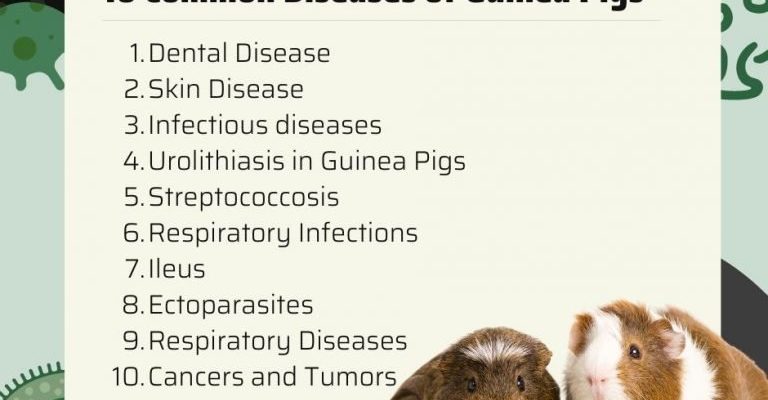
Understanding their specific health needs is crucial for any pet owner. Just as we humans need regular check-ups and a balanced diet to keep us feeling good, Skinny Pigs also require attention and care to flourish. In this article, we’ll dive deep into the common health concerns associated with Skinny Pig guinea pigs and share practical tips on how to prevent these issues. Whether you’re a long-time owner or just considering bringing one of these unique pets home, you’re in the right place!
Skin Issues: Why They’re Hairless
One of the most notable characteristics of Skinny Pigs is their lack of fur, but this unique trait comes with its own set of challenges. Without fur, they are more susceptible to skin problems. Common skin issues include dry skin, scabs, or even fungal infections. The absence of fur means their skin is exposed and needs special care. Here’s the thing—keeping their environment clean and providing a proper diet can go a long way in preventing these issues.
To help avoid skin problems, you can:
- Regularly clean their cage to prevent bacteria build-up.
- Provide a balanced diet rich in vitamins and minerals.
- Consider using a humidifier if you live in a dry climate.
You might also want to check for signs of irritation or change in their skin. While it might sound detailed, a simple daily glance can help catch any potential issues early.
Respiratory Issues: Sensitive Lungs
Like many small mammals, Skinny Pigs can have sensitive respiratory systems. They are prone to respiratory infections, especially if they are exposed to drafts or humidity. You wouldn’t want to breathe in cold air all the time, right? The same goes for your guinea pig. If they are constantly exposed to cold drafts or unclean environments, it can lead to serious health issues.
To prevent respiratory problems, consider these steps:
- Keep their living area warm and draft-free.
- Use bedding that minimizes dust and allergens, like paper bedding rather than cedar or pine.
- Ensure they have proper ventilation without being exposed to direct airflow.
If you notice your Skinny Pig sneezing or having difficulty breathing, it’s vital to consult a vet immediately. Early intervention can make all the difference.
Dental Health: The Importance of Teeth
Skinny Pigs, like all guinea pigs, have continuously growing teeth. If they don’t wear them down properly, it can lead to dental problems such as overgrowth or malocclusion. You might be wondering how this happens. If their diet lacks proper fiber, or if they don’t have enough chewing material, their teeth can grow too long, causing pain or even impacting their ability to eat.
To promote good dental health, ensure they have access to:
- Fresh hay daily, which is essential for grinding down their teeth.
- Vegetables high in fiber, like bell peppers and leafy greens.
- Chew toys specifically designed for guinea pigs, like untreated wood or hay cubes.
Regular check-ups with a veterinarian are also important to catch any dental issues before they become severe.
Obesity: Weight Management Matters
Even though Skinny Pigs are naturally lean, they can still become overweight if they don’t get enough exercise or have a poor diet. Imagine sitting on the couch all day snacking on junk food; it wouldn’t take long before you felt sluggish, right? The same concept applies to your furry friend. Too many treats or not enough activity can lead to obesity, which causes a range of health problems.
To prevent obesity, focus on:
- Providing a well-balanced diet with limited high-calorie treats.
- Engaging them in regular playtime outside of their cage.
- Setting up an exercise area with tunnels and toys that stimulate their natural behaviors.
Regularly weighing your Skinny Pig can also help monitor their health. If you notice sudden weight gain, it’s wise to consult a vet.
Gastrointestinal Issues: Keeping Things Moving
Gastrointestinal (GI) issues are another common concern for Skinny Pigs. These adorable creatures can experience a variety of digestive problems, such as bloat or diarrhea. Just like how we feel unwell after eating something that doesn’t agree with us, the same can happen to them. A sudden change in diet or a lack of fiber can disrupt their digestive system.
To support their GI health:
- Offer a consistent diet to avoid shocking their system.
- Include lots of fresh hay, which aids digestion.
- Avoid sudden changes in food, and introduce new treats gradually.
Keep an eye out for changes in their eating habits or stool. If something seems off, don’t hesitate to reach out to your vet.
Behavioral Signs: Understanding Their Needs
Skinny Pigs are not just adorable little creatures; they have unique personalities and behaviors that can indicate their health status. Sometimes, changes in behavior can hint at underlying health problems. If your Skinny Pig suddenly becomes less active, stops eating, or shows signs of distress, it’s essential to take notice.
Here’s how you can better understand their behavioral cues:
- Spend time observing their daily activities for any significant changes.
- Pay attention to their vocalizations; unusual sounds can signal discomfort.
- Engage them in playtime to ensure they are interactively responding.
Building a bond with your Skinny Pig means you’ll be better equipped to identify when something isn’t right.
Regular Vet Visits: A Vital Routine
Finally, one of the best ways to keep your Skinny Pig healthy is through regular veterinary check-ups. Just like humans need an annual physical, these little ones need routine assessments to catch any health issues early. A knowledgeable vet will help you navigate the specific needs of your Skinny Pig, from diet to vaccinations.
When planning vet visits, consider:
- Finding a vet who specializes in small animals, especially exotics.
- Scheduling biannual check-ups to monitor their health status.
- Staying up-to-date on vaccinations and preventive care.
Regular visits can help identify potential health concerns before they escalate, leading to a happier and healthier lifetime for your Skinny Pig.
In closing, owning a Skinny Pig is a rewarding experience, filled with joy and companionship. By being mindful of their unique health concerns and taking preventive measures, you can help your little friend live a long, happy, and healthy life. After all, a little love and attention can go a long way in keeping your Skinny Pig thriving!

